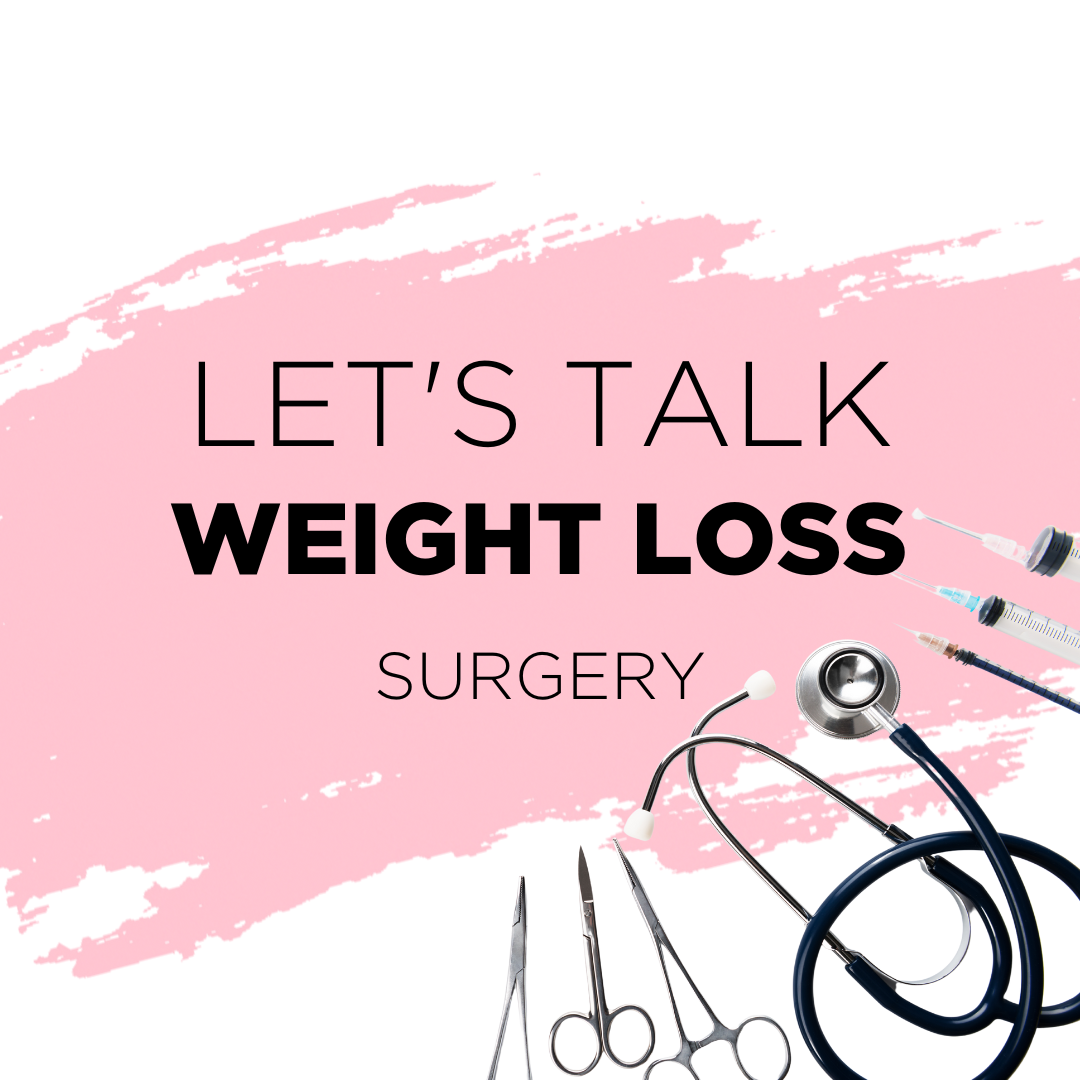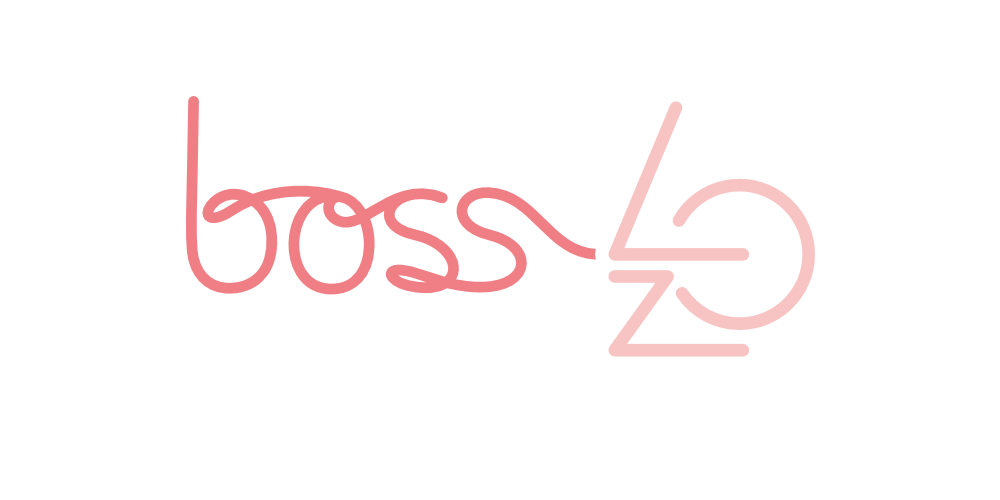As weight loss surgery becomes more commonplace, and accessible, many people are looking at bariatric surgery as a first option when it comes to losing weight. But is it the best option for you?
I have a lot of clients, and a lot of people in my circle of influence, who have had some form of weight loss surgery, bariatric surgery, and it’s an interesting mixed bag of responses.
I’ve spoken to some people who have had the surgery and say that it’s been fantastic, and life-changing, which I think is super important to acknowledge and celebrate. But there is also a cohort of people who regret having weight loss surgery, because they didn’t realize that the implications of the surgery would be so severe, and how it would impact their lifestyle choices so significantly.
For example, I know somebody who used to have a really poor relationship with food, who would binge eat all the time, and then had weight loss surgery. And now they still have a poor relationship with food, to the point that they don’t want to be social anymore, they don’t want to leave their house and when it comes to eating solid food, they can eat basically a teaspoon of mince and that’s about it. So, this person hates eating now, and as a consequence, has developed an even more serious eating disorder.
This is where educating yourself is so important before you make the decision to have weight loss surgery. This person went into it with an existing eating disorder but with some education, the issues they have now may have been circumnavigated to some degree.
When I spoke with this person, they said that they didn’t feel like they had any other options, and they felt like when they spoke to the surgeon, they were kind of pushed into it. And this is no discredit to the surgical industry because we all need surgeons, and modern medicine is amazing, but remember, when you speak to a surgeon, their job is to operate so typically, that’s going to be the recommendation. That’s how they make money.
Before you make any major decisions, speak to somebody who’s a little bit more holistic, who maybe doesn’t have a vested interest in surgical intervention.
But I’ve tried everything, and nothing works:
Have an honest conversation with yourself and see if you really have tried everything. There are so many options that you may not be aware of, but you only know what you know, and you don’t know you don’t know, so it’s up to you to explore and start to understand and educate yourself about some of the things out there that might be another option.
Ultimately, there are other ways you can lose weight or make improvements to what you’re currently eating, so that when it comes to weight loss, it’s not so drastic. And if you’re trying to bypass what your operations trying to suppress by blending unhealthy foods just to get them down if you can’t eat solid food, then the reality is that whole point of the surgery is moot without the healthy lifestyle choices to go with it.
Educate yourself before you make any decisions about bariatric surgery and know the long-term impacts:
Start by asking yourself why you want this.
Do an audit and make sure your daily actions are aligned with your values. That’s how people gain weight a lot of the time, because what they want, and what they do, doesn’t always match. They want to be healthy, feel slim and have lots of energy, or they’re looking to boost their self-esteem, or find ways to feel fulfilled and happy, but they’re really challenged by their relationship with food.
And often, those gaps get filled with things like food and alcohol and other substances, and suddenly, 20 kilos are packed on. Often, it’s not actually about the weight loss, it’s more about working out what it is you want, working out what it is that drives you, and feeling good about yourself.
We tend to use weight loss as external thing based on a number on a scale that we associate with this happiness, or this ideal about what we think we need and want in life.







